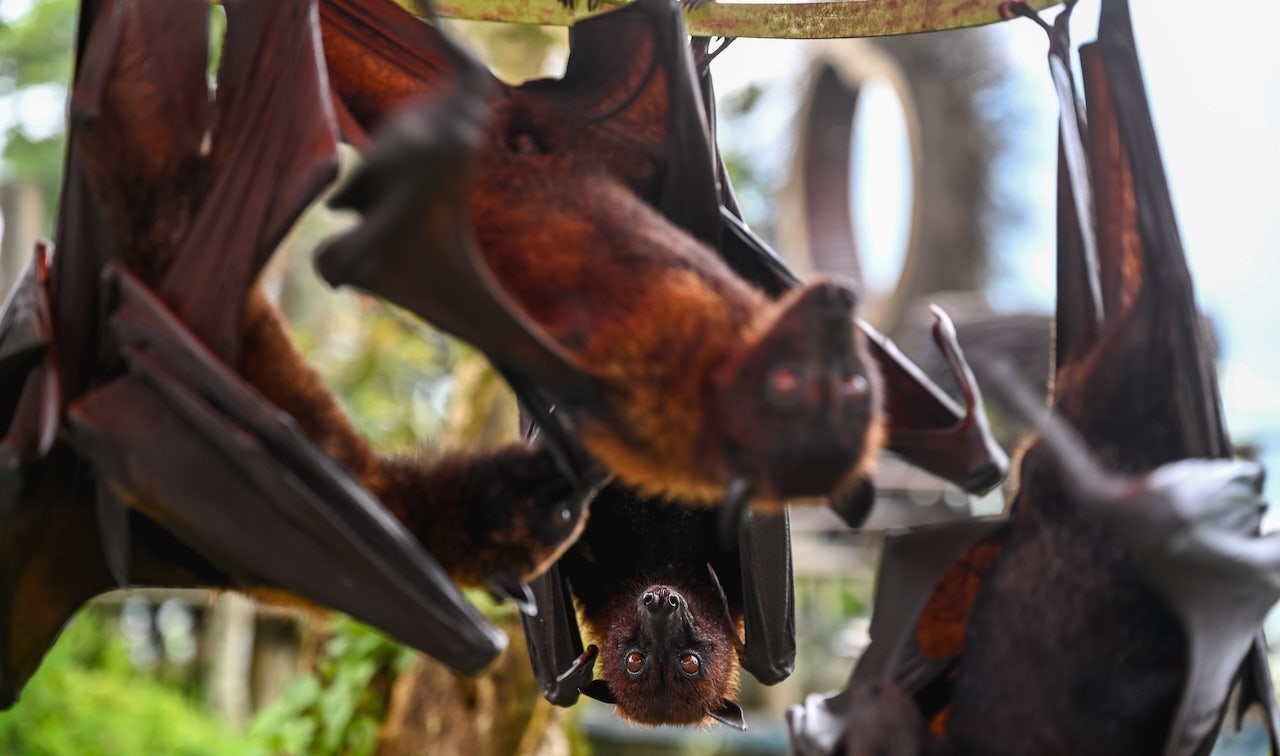New bat coronavirus discovered in China sparks pandemic concerns

The recent discovery of a new bat coronavirus in China has raised concerns about the potential for another pandemic. Named HKU5-CoV-2, this virus is similar to SARS-CoV-2, the virus responsible for COVID-19, as it targets the same human receptor, angiotensin-converting enzyme (ACE2). Researchers led by Zheng-Li Shi at the Guangzhou Laboratory in Guangdong, China, have found that HKU5-CoV-2 has the potential for human-to-human or cross-species transmission.
The study, published in the scientific journal Cell on Feb. 18, revealed that HKU5-CoV-2 infects human cells and artificial lung and intestine tissues. This raises concerns about the virus’s ability to cause zoonotic spillover, where it could potentially infect humans and spread between individuals. While the risk of this happening is currently considered low, the virus’s ability to bind to the same receptors as SARS-CoV-2 is worrisome.
Dr. Marc Siegel, a clinical professor of medicine at NYU Langone Health and Fox News senior medical analyst, emphasized the importance of not giving in to fear despite the discovery of HKU5-CoV-2. He highlighted the need for international collaboration among scientists to better understand and prepare for potential pandemics. While the COVID-19 pandemic has been devastating, Siegel believes that with the right approach and transparency, future outbreaks can be better managed.
As more research is conducted on bat coronaviruses, it is crucial to monitor their potential risks and take necessary precautions to prevent another global health crisis. Establishing an international consortium of scientists to share information and resources could help mitigate the threat of emerging viruses like HKU5-CoV-2. By staying informed and proactive, we can work towards a safer and healthier future for all.




